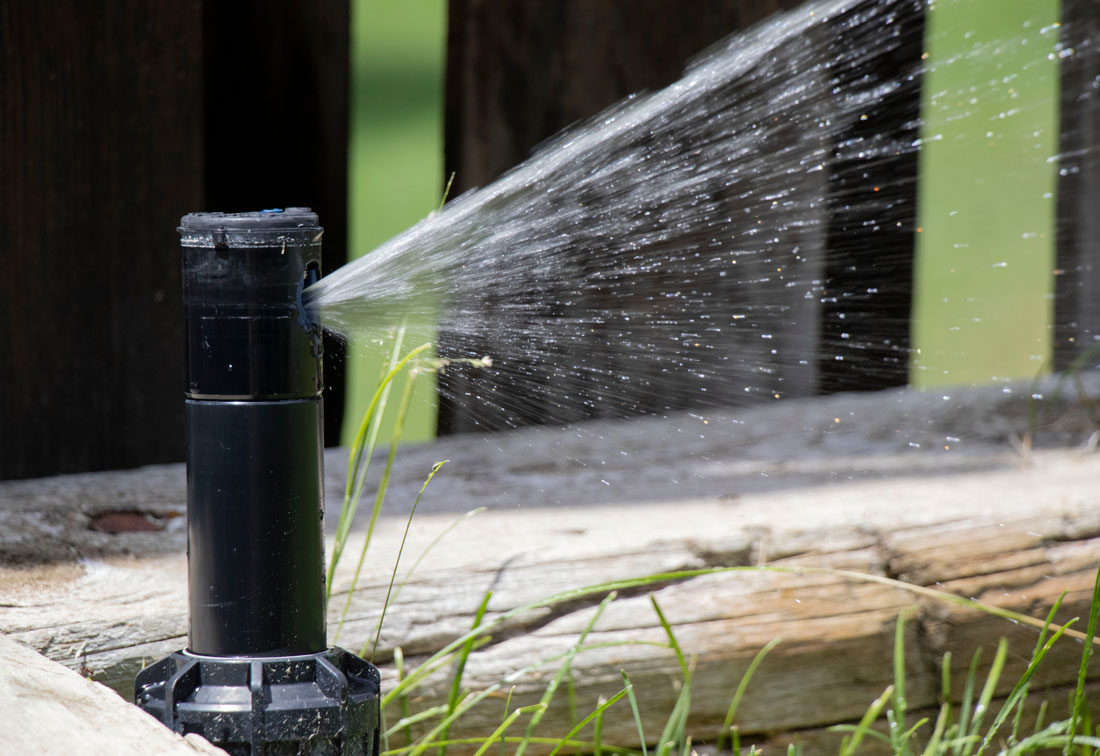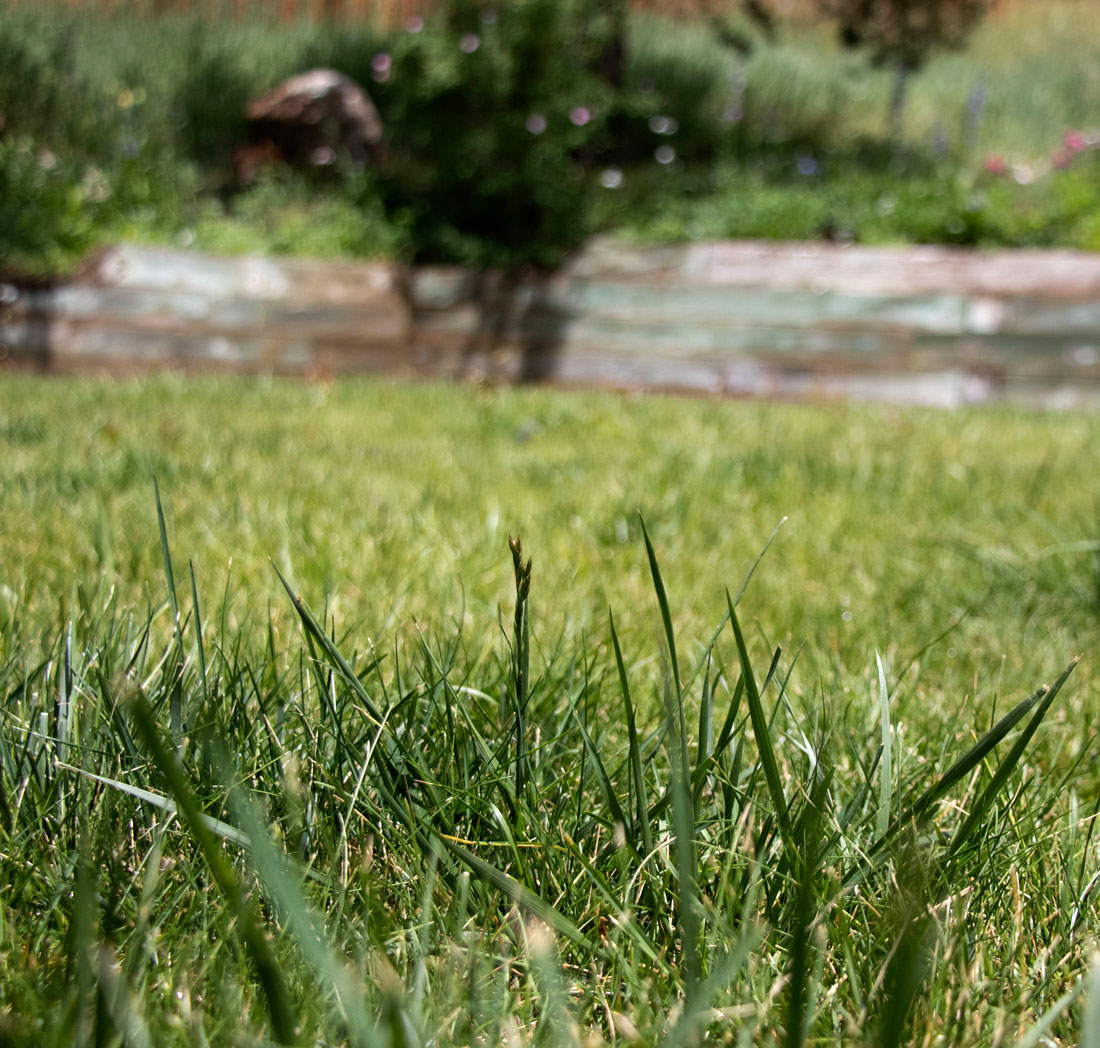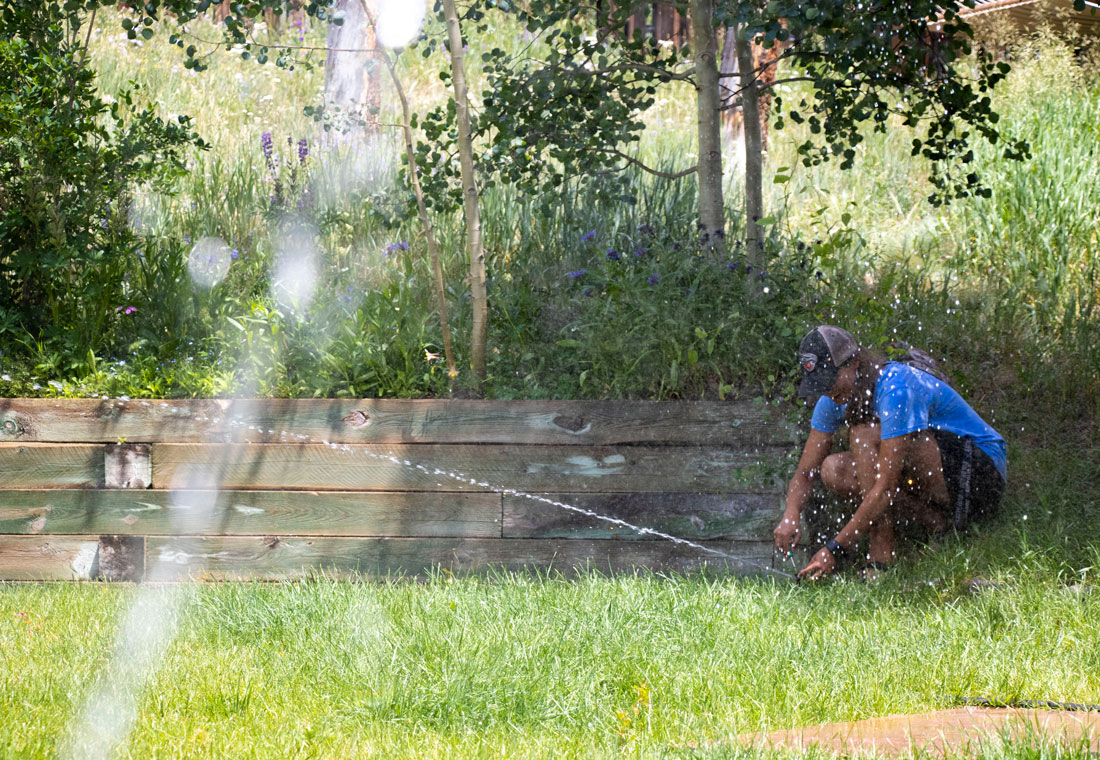
Dear Eartha, With our water situation so critical, why are there not more water restrictions being placed on our community?
Summit County temperatures shot up in recent weeks and I’ve noticed a lot more sprinkler systems running at all times of the day. Midday watering is not only wasteful, it’s against the rules for you and your Breckenridge neighbors. But what if you don’t live in Breckenridge?
Every water department, or provider, has different rules, which can be confusing for citizens. Frisco, for example, has water conservation written in the town code, and the rules vary based on the flow in Ten Mile Creek. East Dillon Water District, which serves the Summit Cove area, has voluntary restrictions in place from May 1 through Sept. 30. Other water providers – the county has about 19 total – can enact voluntary or mandatory restrictions at any time.
These restrictions often focus on outdoor watering, and that’s a good place to start. According to the Environmental Protection Agency (EPA), up to 60 percent of a household’s total water use occurs outdoors. To find the rules in your neighborhood, ask your water provider, which is the entity you send payments to. Condo and townhome residents can ask their homeowners’ association.
No matter where you live, it’s worth checking out some of Colorado’s most common restrictions. Think of these suggestions as practical advice to keep your lawn healthy and your sprinklers working efficiently, no matter the current drought conditions. Heck, I’d call some of these “restrictions” plain old common sense. Let’s have a look.

No need for daily watering
For some Colorado providers, watering is limited to certain days of the week. Some homeowners may balk at such a “restriction,” but the fact is that lawns should not be watered daily.
Longer, less frequent watering promotes deeper root growth, which acts as a defense system in dry periods. When plants have longer roots, it’s easier for them to take in moisture from deep in the ground. But if your plants have shallow roots (encouraged by frequent, light watering), they won’t be able to take in enough water from the top of the ground, which is the first place to dry out. This is especially impactful in dry climates like ours.
The early bird wins
Watering restrictions, whether voluntary or mandatory, typically take aim at midday watering, and for good reason. It’s wasteful. Think about our afternoon rain showers, and what happens to puddles when the sun comes out – the water evaporates quickly! The same happens when you water your lawn in the middle of the day.
While most restrictions seek to limit midday watering, I’ll take it a step further and recommend that you water only in the mornings. Wind often kicks up later in the day and can blow water where you don’t want or need it – like the sidewalk. Additionally, keeping your plants dry overnight helps prevent fungus.
Technology talks … but you need to listen

To stick to your watering schedule, a sprinkler system can make life easier. Systems can be scheduled to only water at certain times or in certain areas. Those drought-tolerant wildflowers don’t need nearly as much water as your grass, and you can set a sprinkler system accordingly.
However, these systems must be maintained in order to limit water waste. And, add-ons like rain sensors can ensure you’re not watering during a thunderstorm. The EPA estimates that an automatic irrigation system improperly maintained and operated can waste up to 25,000 gallons of water annually. That’s enough water to get you through more than eight months of cooking, dishwashing, showering and all your indoor uses.
One way to prevent that kind of waste is through a Slow the Flow sprinkler check-up. It’s a free assessment for customers of the Breckenridge, Dillon, Frisco and Silverthorne water departments.
Appointments include a visual inspection to pinpoint system problems, tests to measure water flow and distribution, and soil sampling to determine root depth and soil type. You’ll even get a customized watering schedule to help reduce your use while keeping your lawn healthy.
Even without restrictions currently in place, I’d urge common sense. That means no watering the sidewalk. And if you, or your neighbors, have an automatic sprinkler system, sign up for Slow the Flow at HighCountryConservation.org/water.
